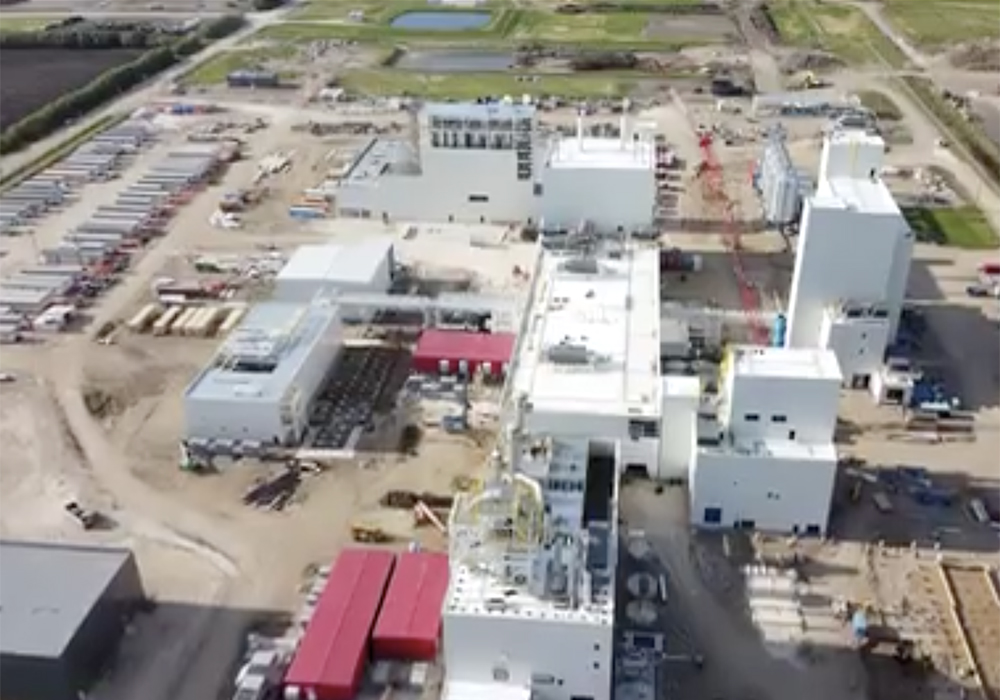The range of uses for plant protein components is just now being discovered as scientists unlock the field’s complexities
As food scientists break apart plant proteins, they see prodigious potential.
“The use of enzymes in this field is limitless,” said John Thoroski, dairy plant manager for the University of Manitoba’s food and human nutritional sciences department, during a presentation.
Thoroski and other University of Manitoba protein experts described how plant proteins are being unpacked so their components can be used in many food products, from non-dairy ice creams to sauces and drinks.
“Plant proteins… are highly complex,” said plant protein researcher Nancy Asen, explaining why the range of uses for plant protein components is only being developed now.
Read Also

Alberta crop diversification centres receive funding
$5.2 million of provincial funding pumped into crop diversity research centres
“Now we are seeing that those proteins could be modified, could be used as ingredients in the food industry. We need to put more in that area.”
Plant protein demand has exploded around the world, with millions of consumers looking to replace meat proteins, reduce meat proteins or simply add more plant-based foods into their diets.
Straight plant protein flours, grains and other whole products have been used in foods for decades, but today many manufacturers are breaking apart grains and other parts of plants to extract specific elements and modify others.
That has led to a proliferation of plant-based foods, from burgers to sausage ingredients, in numerous products. Yet the science is much closer to its birth than adulthood.
“With the research and investment in innovation, we can (develop) new ingredients and new final products that can help create more industry, more opportunities for the province to extend our resource base even further,” said James House, who heads the Manitoba Protein Research Strategy.
Winnipeg is seeing the commissioning of a new canola protein extraction and processing plant, Merit Functional Foods, while a $600 million Roquette pea protein plant in Portage La Prairie, Man., has just gone into production.
The University of Manitoba has long worked in the plant protein area, in the Agricultural and Food Sciences Department, as well as at the Richardson Centre for Functional Foods and Nutraceuticals.
Thoroski said methods like “protein melting” offer amazing opportunities for novel uses for many plant-based proteins.
“It’s like magic, but it’s really science,” said Thoroski. He described how dairy proteins have long been manipulated to create popular products like processed cheese, and the methods employed work in plants too.
“The real benefits are that the products have real machineability,” said Thoroski.
“They can be easily sliced. They can be shredded. They can be diced. You can also pump it.”
















